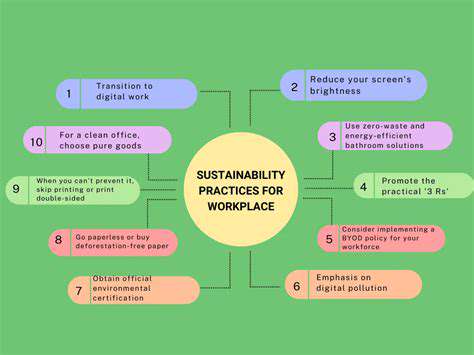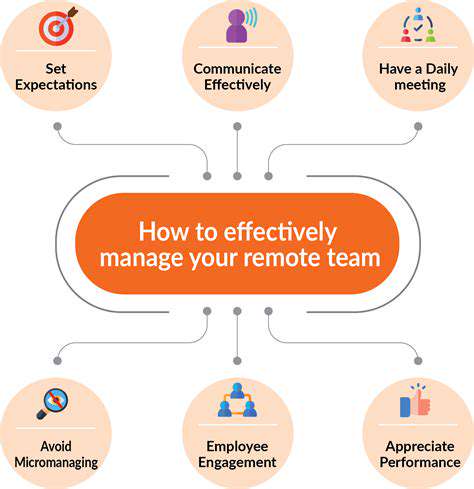How to Choose a Legal Structure for Your Small Business
Limited Liability Company (LLC): Balancing Liability and Flexibility
Understanding the Core Concept of an LLC
A Limited Liability Company (LLC) is a business structure that offers a balance between the liability protection of a corporation and the flexibility of a sole proprietorship or partnership. This unique blend of characteristics makes the LLC an attractive option for many entrepreneurs and small business owners. Crucially, the LLC shields personal assets from business debts and liabilities, providing a crucial layer of protection against potential lawsuits or financial obligations that may arise from business operations.
Essentially, the LLC acts as a separate legal entity from its owners, known as members. This separation is key to limiting personal liability. This means that if the business incurs debt or faces a lawsuit, the personal assets of the members are generally protected.
Key Advantages of Choosing an LLC
One of the most significant advantages of forming an LLC is the limited liability protection it affords. This protection safeguards personal assets from business debts and lawsuits, offering peace of mind to entrepreneurs. It is a powerful tool for risk mitigation in the business world.
Beyond liability protection, LLCs often enjoy simplified administrative procedures compared to corporations. This translates to potentially lower compliance costs and less complex paperwork, making running the business easier and more manageable.
Tax Implications and Flexibility
LLCs offer flexibility in terms of taxation. The Internal Revenue Service (IRS) typically treats an LLC as a pass-through entity, meaning the business's profits and losses are passed directly to the owners' personal income tax returns. This can streamline tax preparation and potentially lower the overall tax burden compared to corporations, which are subject to double taxation.
This pass-through taxation is a major attraction for many business owners, as it avoids the complexities and potential tax burdens associated with corporate structures. The simplicity of the tax structure is a significant draw for many entrepreneurs.
Formation and Compliance Requirements
Establishing an LLC involves specific steps and procedures, which vary by state. These steps typically include filing articles of organization with the relevant state agency, adhering to specific reporting requirements, and potentially obtaining necessary licenses and permits. Thorough research into the specific requirements of your state is essential before proceeding.
Understanding and complying with state-specific regulations is crucial for maintaining the legal standing of your LLC and avoiding potential penalties. This is a critical aspect of successfully operating a legally compliant business.
Navigating the Legal Landscape of an LLC
Understanding the legal implications of an LLC is crucial for any entrepreneur. This includes comprehending the nuances of limited liability, the specifics of state laws governing LLCs, and the legal responsibilities associated with managing a separate business entity. Seeking legal advice from a qualified attorney specializing in business law is highly recommended to ensure compliance and avoid potential legal pitfalls.
Careful consideration of legal aspects is essential for avoiding costly mistakes and ensuring that the LLC structure effectively protects personal assets while promoting business growth.
Comparing LLCs to Other Business Structures
When choosing a business structure, comparing LLCs to other options like sole proprietorships, partnerships, and corporations is essential. Each structure has unique advantages and disadvantages related to liability, taxation, and administrative complexities. Understanding these distinctions is vital for making an informed decision that aligns with your specific business needs and goals. A thorough understanding of the various structures available is crucial for making a well-informed decision.
Thoroughly researching and understanding the pros and cons of each structure will allow you to make the best possible choice for your business and personal circumstances. This comparative analysis is a key part of the decision-making process.
Read more about How to Choose a Legal Structure for Your Small Business
Hot Recommendations
- How to Stay Productive While Working Remotely
- Tips for Managing Conflict with Coworkers
- Entrance & Certification Exams (升学考试)
- How to Improve Your Storytelling Skills (Speaking)
- How to Find Profitable Side Hustles
- Tips for Preparing for the TOEFL iBT Home Edition
- Guide to Switching Careers from [Industry A] to [Industry B]
- How to Run an Effective Hybrid Meeting
- Tips for Marketing Your Side Hustle on Instagram










![Best Online Courses for Learning [Specific Software, e.g., Excel]](/static/images/32/2025-07/AdvancedExcelCourses3ADataAnalysisandAutomation.jpg)
